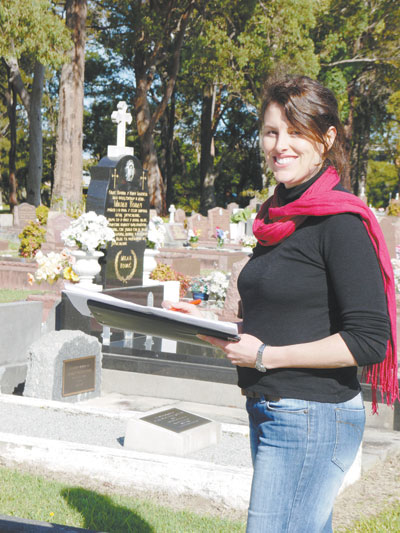The Australian Local Government Association looks to have gained bi-partisan support for the Roads to Recovery (R2R) Program, but the goal of permanent and increased funding has not been secured.
The Parliamentary Secretary for Infrastructure and Transport Catherine King told the National Local Roads and Transport Congress that the Federal Government had no plans to withdraw R2R funding, but did not give an indication on the permanency of the program or increased investment.
In a later statement, a spokesperson for Federal Infrastructure and Transport Minister Anthony Albanese said the Federal Government strongly supports the Roads to Recovery Program as a way of assisting Local Governments with the cost of maintaining and upgrading their local roads.
“That’s why in our very first budget we increased its funding by almost 20 per cent,” he said.
National Party leader Warren Truss told the conference that the Coalition created Roads to Recovery and intended to keep it in Government.
“Travelling around Australia, and in particular through regional Australia, I have seen its vital importance first hand,” he said.
“Roads to Recovery has been a vehicle through which Federal Government can assist Local Governments to maintain over 650,000 kilometres of local roads.
That requires a lot of bitumen and gravel, a lot of curb and channelling, a lot of flood mitigation and a lot of bridges.
As a former Councillor and Mayor, I know Local Governments cannot undertake these costs alone and state governments can be unreliable at the best of times.
At the last election the Coalition committed to maintaining the Roads to Recovery programme.
We readily acknowledge that the obligation to maintain local roads is costly.
In fact, in 2006 it was estimated to cost Local Government $3.8 billion a year. So, the Roads to Recovery programme gives Local Government a major boost in meeting this infrastructure need.
I commit to you that the Coalition will extended the Roads to Recovery programme beyond 2014 and we will ensure that is adequately funded, taking account of current budgetary constraints, so that local councils can continue to provide essential transport infrastructure for your communities.”
More than 300 Local Governments have called for the Federal Government to continue its support for the Roads to Recovery program.
The group wants to see the program on a permanent basis and increase funding to recognise a massive shortfall in expenditure.
However, a spokesperson for Anthony Albanese said there is no basis for the campaign from ALGA, as the Government has no plans to withdraw this financial support.
The resolution culminated the two day Roads Congress, which marked the start of a national campaign to secure ongoing federal funding to assist councils to maintain local roads and address an estimated annual shortfall of $1.2 billion in their investment by the Federal Government.
President of the Australian Local Government Association and North Sydney Mayor Genia McCaffery said that in passing the resolution, delegates committed their councils to an ongoing campaign in order to achieve Roads to Recovery funding beyond 2014, when the program is due to end.
“Delegates will be reminding the Federal Government that much more needs to be done to ensure the safety of local roads and address the estimated shortfall in Commonwealth investment of $1.2 billion annually,” she said.
The delegates expressed concern that continued under-investment in local roads hinders local social and economic development.
Delegates also noted that no substantial additional funding has been committed to achieving the National Road Safety Strategy 2011–2020.

















